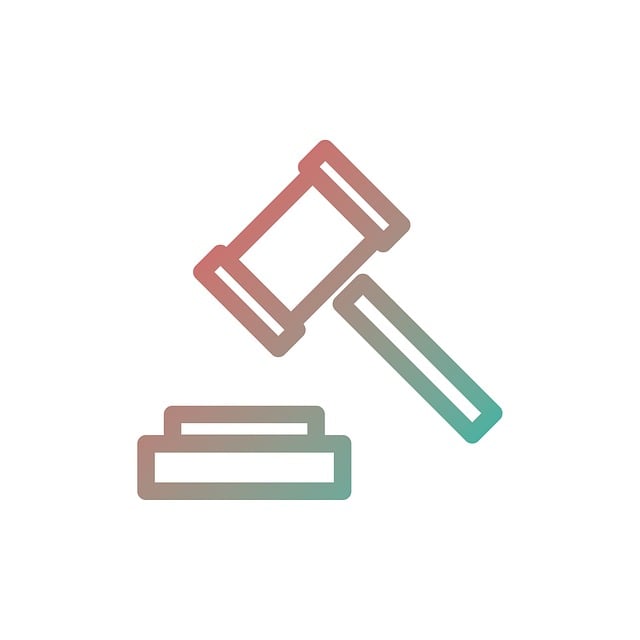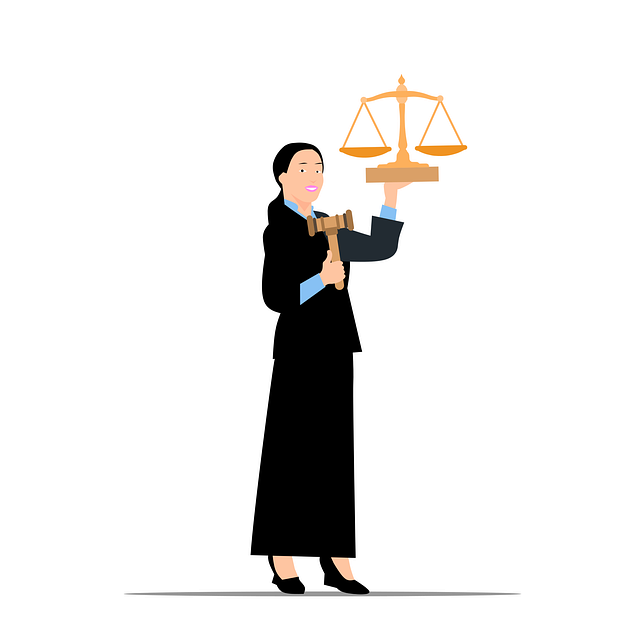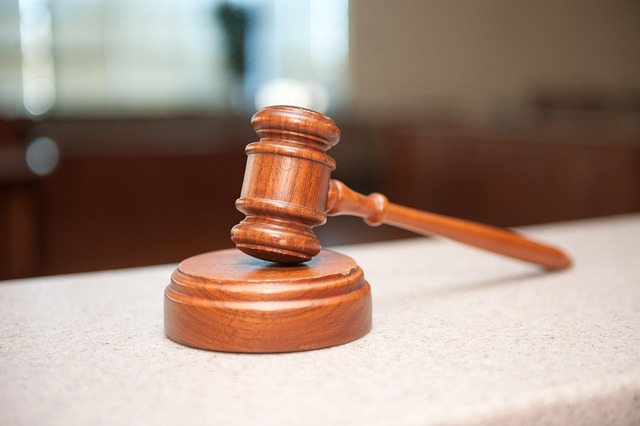Regulatory fraud laws protect against deceptive practices in various sectors, with a focus on misreporting and false safety claims. The Statute of Limitations for Libel Cases sets timeframes (usually 1-2 years) within which legal action can be taken after exposure to false material. Defense strategies involve robust evidence, factual inconsistencies, and legal arguments to disprove fraudulent intent. Businesses should adopt stringent internal controls, conduct regular audits, train employees on ethical conduct, and foster transparency to mitigate regulatory fraud risks. Understanding the Statute of Limitations for Libel Cases across jurisdictions is crucial for responding promptly to allegations and ensuring compliance with legal deadlines. Proactive communication with regulatory bodies can help resolve issues before formal investigations begin, benefiting corporations, individuals, and other entities.
Regulatory fraud laws are critical components of modern legal frameworks, designed to protect against deceptive practices that harm investors and consumers. This article delves into the intricate world of these laws, offering a comprehensive guide to understanding regulatory fraud, its definitions and scope, and the crucial aspect of the Statute of Limitations for Libel Cases. We explore practical strategies to mitigate and navigate associated legal risks, providing essential insights for businesses and individuals alike.
- Understanding Regulatory Fraud Laws: Definitions and Scope
- The Statute of Limitations for Libel Cases: Key Considerations
- Strategies to Mitigate and Navigate Regulatory Fraud Legal Risks
Understanding Regulatory Fraud Laws: Definitions and Scope

Regulatory fraud laws are designed to protect against deceptive practices in various industries. These laws cover a wide range of activities, from financial misreporting to false claims about product safety. Understanding what constitutes regulatory fraud is crucial for both corporate and individual clients navigating legal complexities. Fraud can take many forms, including intentional misrepresentation, concealment of material facts, or the use of deceitful devices to gain an unfair advantage.
The Statute of Limitations for libel cases plays a significant role in these laws, setting deadlines for when legal actions can be initiated. This temporal restriction ensures that accusations are addressed promptly and prevents the pursuit of outdated claims. In terms of defense strategies, a winning challenging defense verdict can result from robust evidence, factual inconsistencies, or successful legal arguments that expose the lack of fraudulent intent. Achieving complete dismissal of all charges is another objective for both corporate and individual clients facing regulatory fraud allegations.
The Statute of Limitations for Libel Cases: Key Considerations

In the realm of legal proceedings, understanding the Statute of Limitations for Libel Cases is a crucial consideration for both corporate and individual clients. This legal concept dictates the time frame within which a libel claim can be filed, after which it may become barred forever. In many jurisdictions, the statute typically sets a limit of one to two years from the date of publication or exposure to the false or defamatory material. Knowing this timeframe is essential for avoiding indictment and ensuring that justice can be served while evidence and witnesses remain accessible.
For his clients, being aware of these limitations allows for strategic planning and proactive measures. It encourages prompt action, as delays beyond the prescribed period can result in loss of legal recourse. By staying within the Statute of Limitations, individuals and businesses alike can protect their reputations and safeguard their rights, ensuring that false accusations are addressed while maintaining a fair and just legal process.
Strategies to Mitigate and Navigate Regulatory Fraud Legal Risks

To mitigate and navigate regulatory fraud legal risks, businesses should implement robust internal controls and compliance programs. This includes regular audits, employee training on ethical conduct, and a culture that fosters transparency. By establishing clear guidelines and procedures, companies can reduce the likelihood of fraudulent activities and potential legal repercussions. Additionally, staying informed about changing regulations and seeking expert advice from white-collar defense attorneys is essential.
Understanding the Statute of Limitations for libel cases can also be crucial in managing risk. Different jurisdictions have varying time frames within which legal actions must be initiated. This knowledge allows businesses to respond promptly to any allegations, ensuring they meet the deadlines imposed by law. Moreover, effective communication and cooperation with regulatory bodies can help resolve issues before they escalate into full-blown investigations, particularly for corporate and individual clients alike. Even philanthropic and political communities are not immune to these risks and would benefit from proactive measures to protect their interests.
Understanding regulatory fraud laws, including the nuanced aspects of the Statute of Limitations for Libel Cases, is paramount for businesses and individuals navigating legal risks. By employing strategic mitigation methods, one can effectively navigate these complex regulations, ensuring compliance and minimizing potential liabilities. Staying informed and proactive in managing legal risks is essential to thriving in today’s regulated environment.






